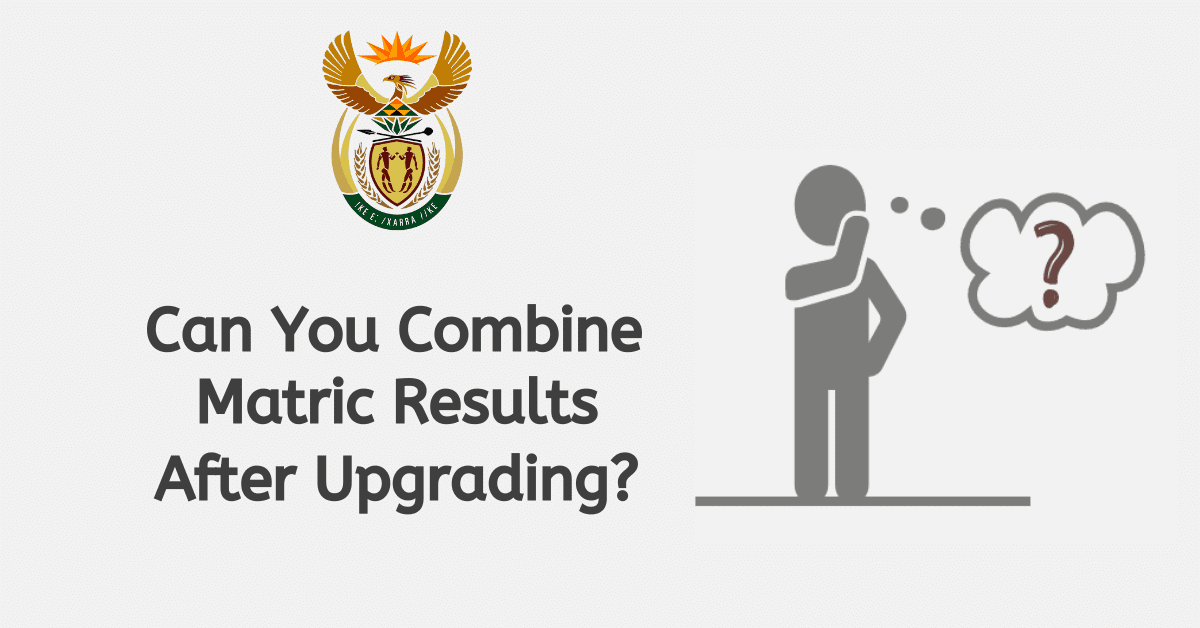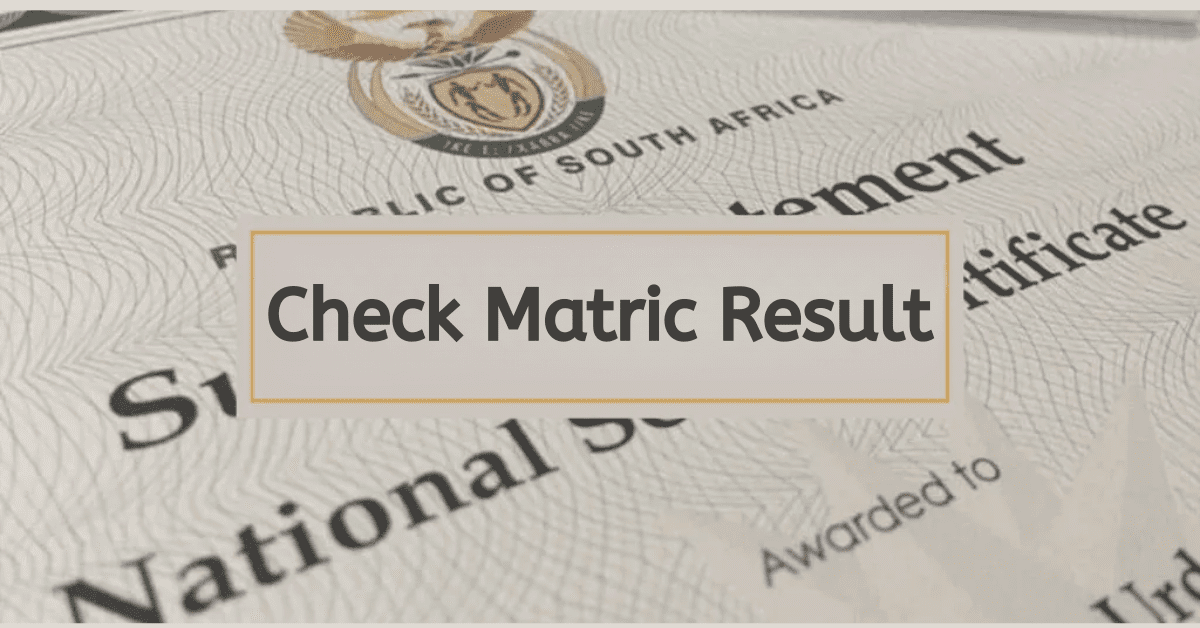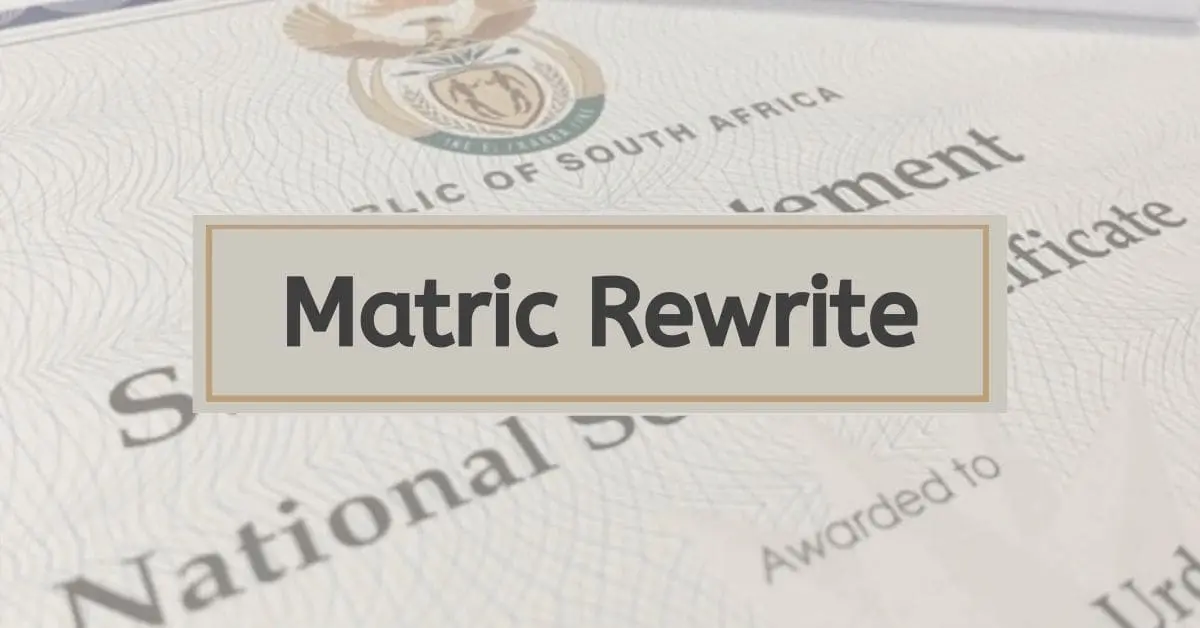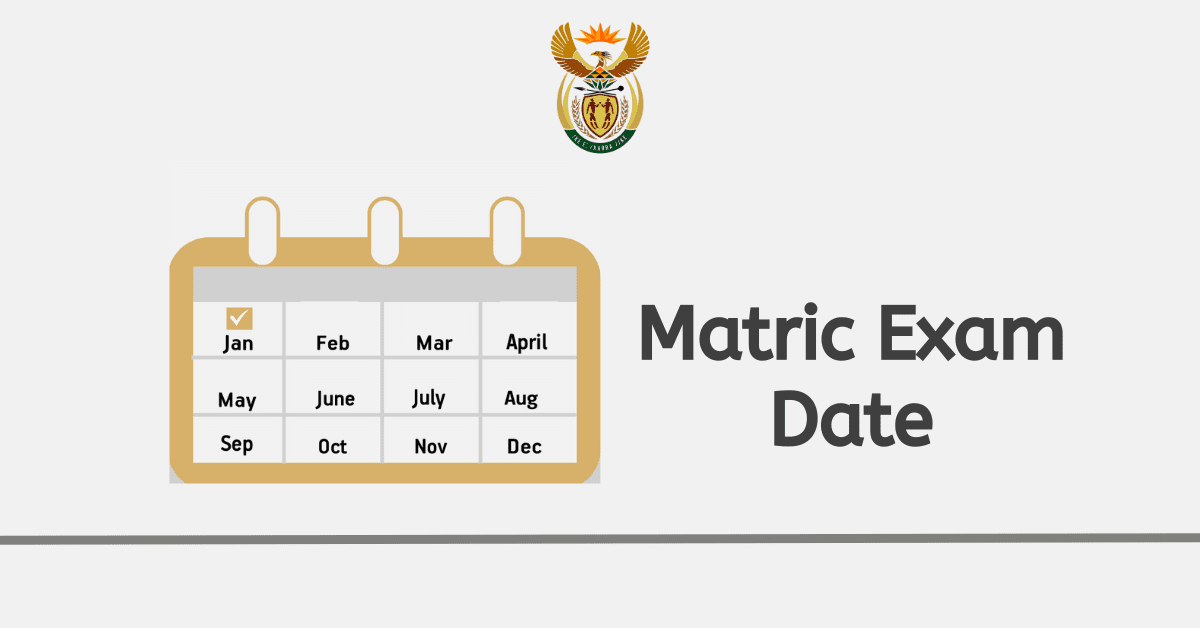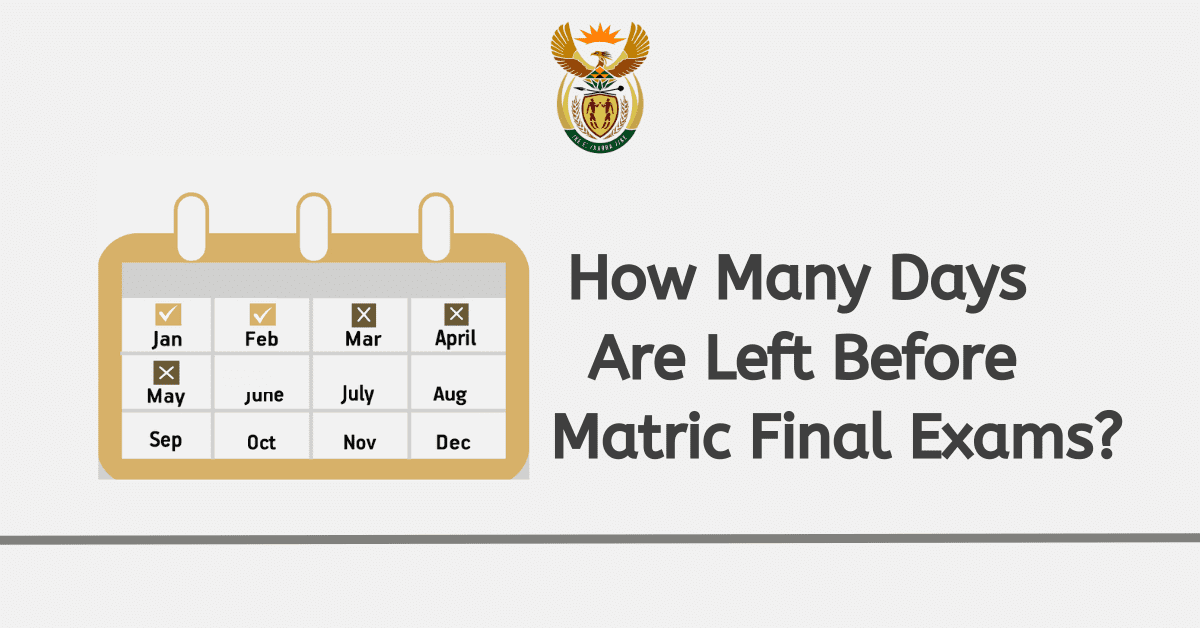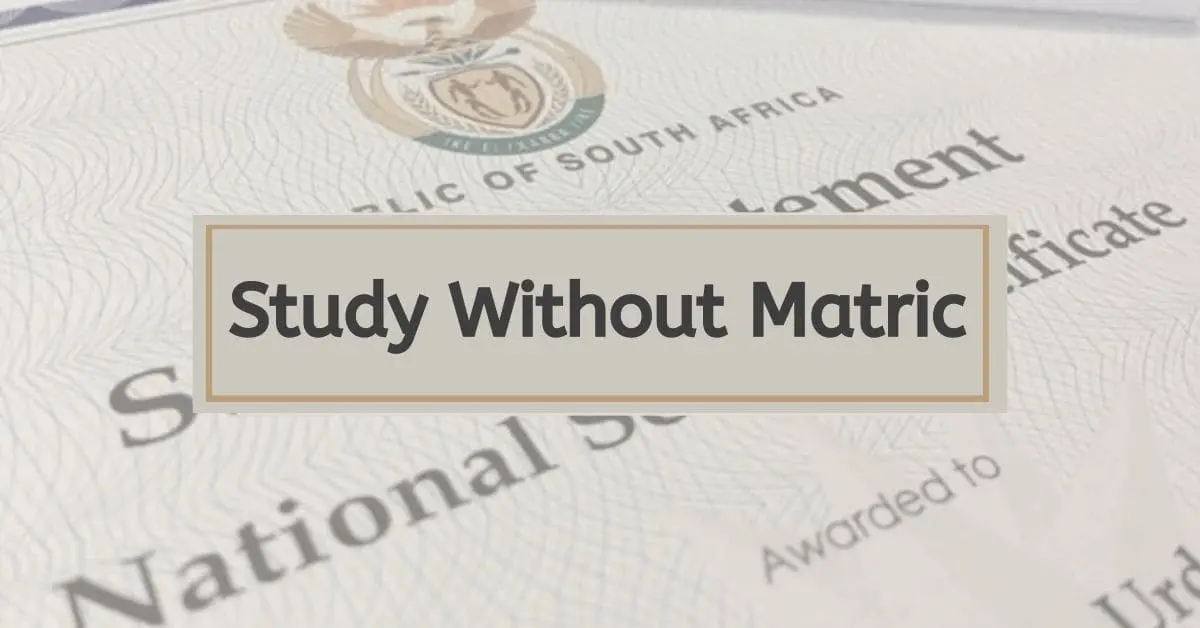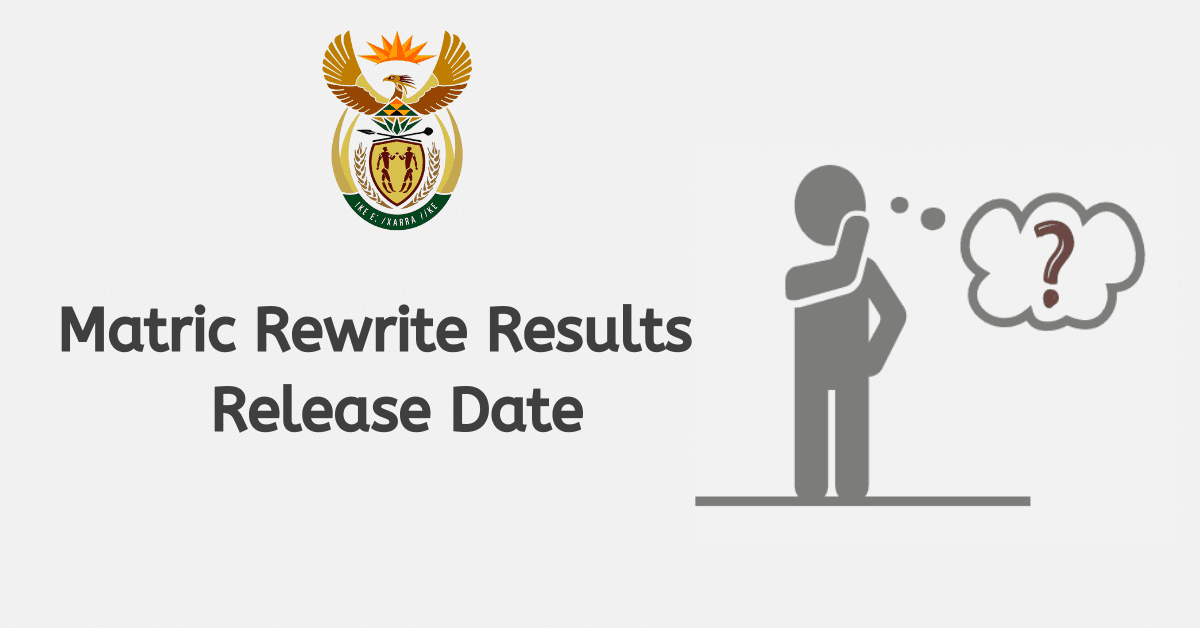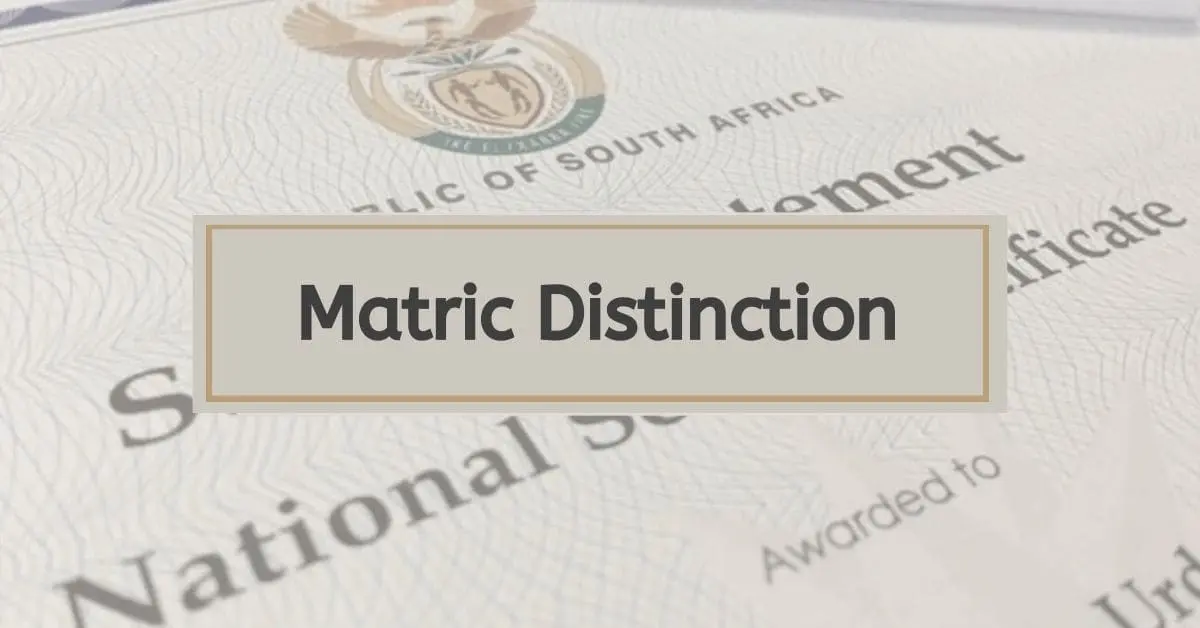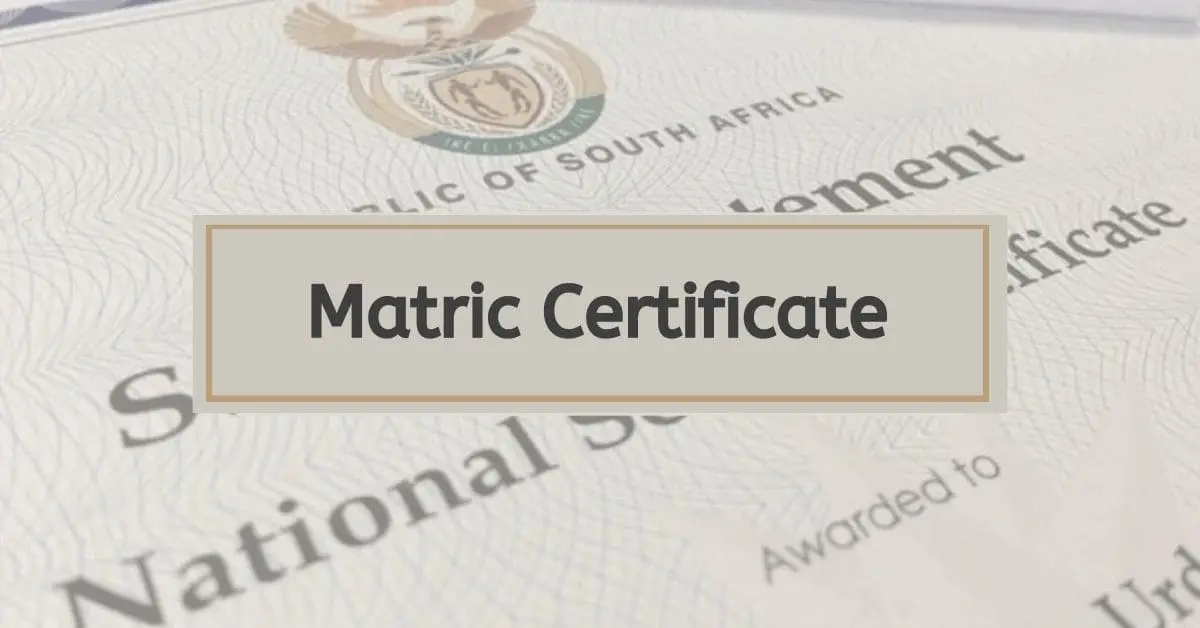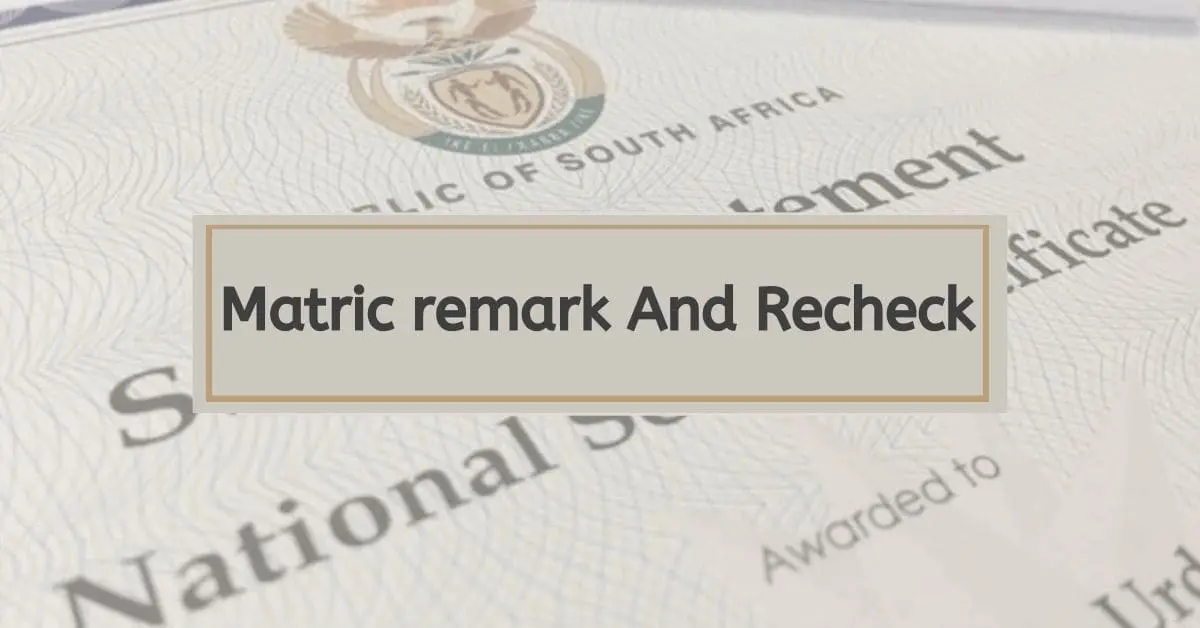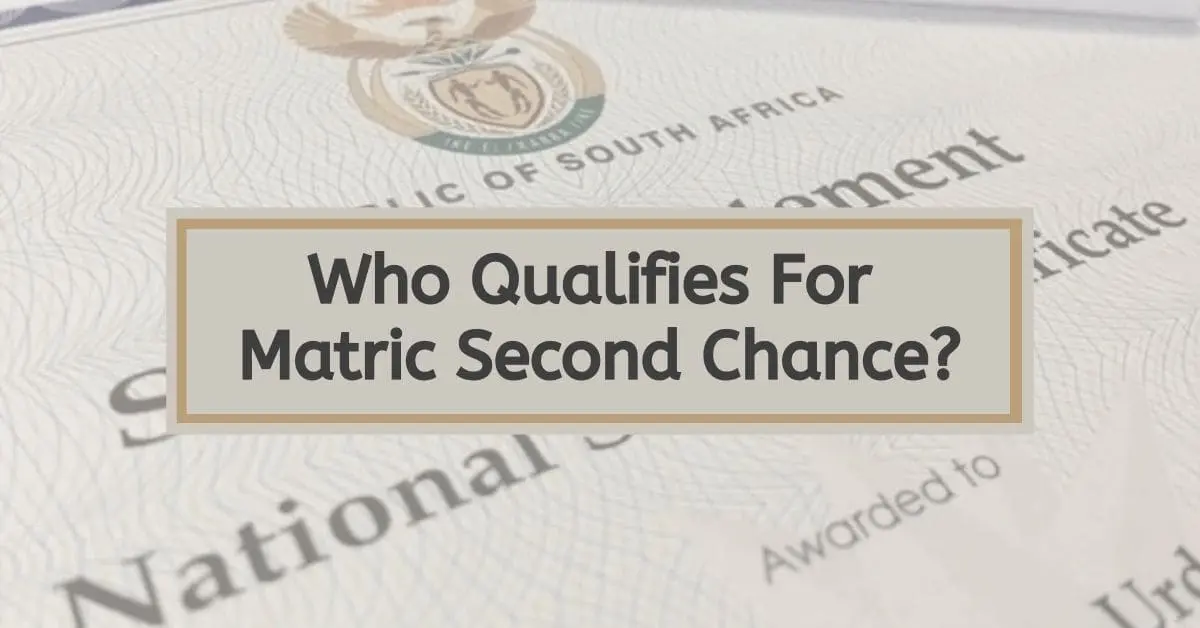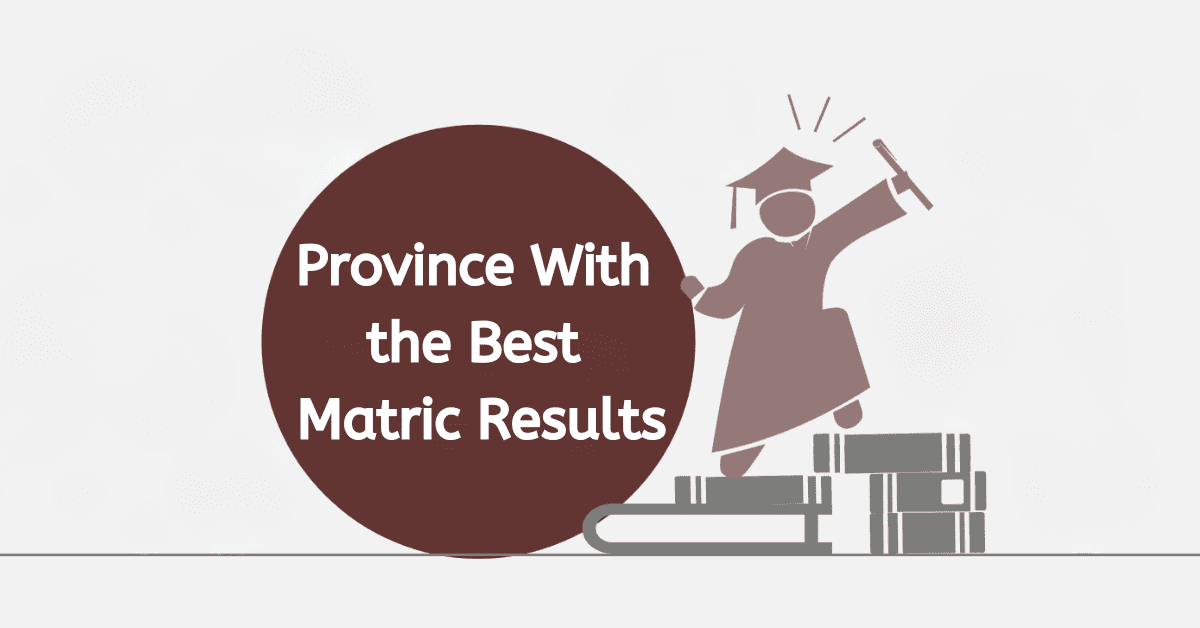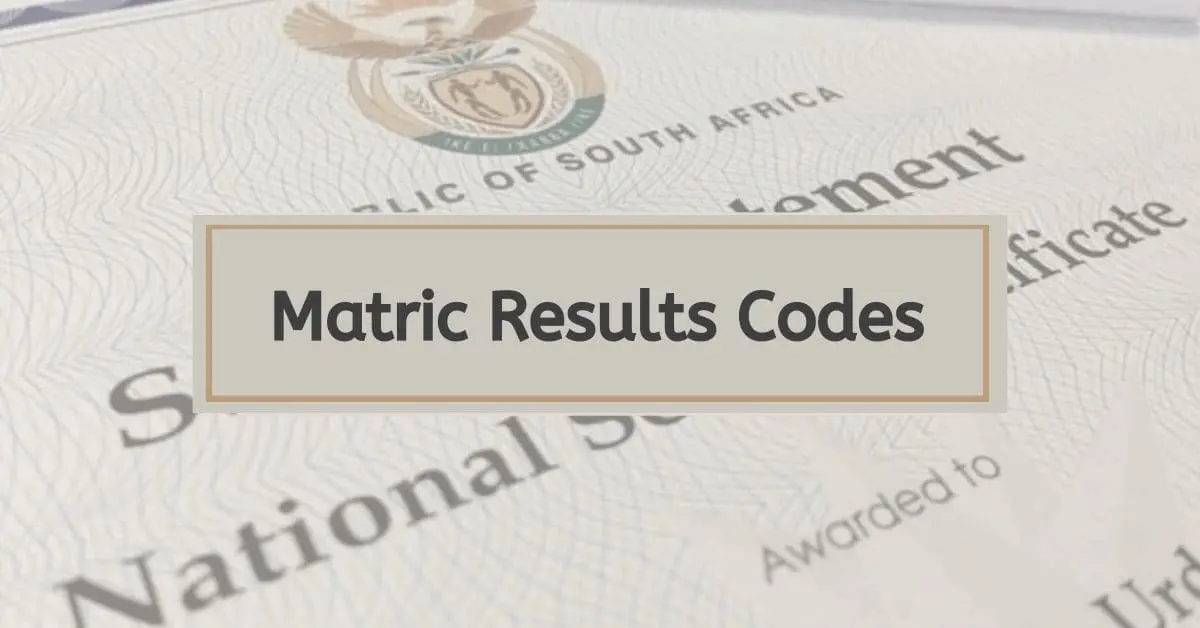While passing your matric at any level means you have successfully completed your high school ‘career’, there are different pass levels that indicate how well you performed and what future tertiary education prospects are open to you. Perhaps the most coveted of these in the current South African matric system is the ‘Bachelor’s Pass’, the best possible pass you can achieve of the 4 open to you. Here’s some more things to know about the Bachelor’s Pass and what it means for your future education.
What is a Bachelor Pass in Matric?
If you receive a Bachelor’s Pass in matric, it means you can be accepted for undergraduate study at a range of South African universities. It is the highest of the 4 pass categories there is, and effectively means there’s no restriction on your future studies. Provided, of course, you passed in the subjects you need for the Bachelor’s degree you want to study! This is why careful career guidance is smart when choosing your matric studies. Certain types of degrees need specific subjects, or specific pass grades, for acceptance, so you want to make sure you target those with your matric selections.
Of course, it doesn’t mean you have to go to a university. If your future career path needs study at a TVET college, or in a diploma program, you will be able to pursue these paths as you choose. If you receive a Bachelor’s Pass, it means you can attend ‘up to’ a traditional 3-year Bachelor’s degree at a university, not that that is your only option! However, it’s a sign of fantastic academic performance, and your hard work has paid off for you by allowing you to pursue any tertiary education option you wish.
How Many Points is a Bachelor Pass in Matric?
You need a total of 23 APS points to get a Bachelor’s Pass. The maximum total you can get is 42. APS points are calculated based on the grade, or percentage, you pass each subject at. Remember you need at least six passed subjects for a Bachelor’s Pass, too. Here’s the APS point allocation per grade:
- 80%-100%, 7 points
- 70%-79%, 6 points
- 60%-69%, 5 points
- 50%-59%, 4 points
- 40-49%, 3 points
- 30-39%, 2 points
- 0-29%, 1 point
However, it’s not quite as simple as ‘just’ getting those 23 points. You need to achieve certain benchmarks in specific subjects, which we look at in more detail below.
What is the Difference Between Bachelor and Distinction Pass?
A distinction pass is issued if you perform particularly well in a subject. If you pass an individual subject with 80%, you will receive a distinction. A Bachelor’s Pass, on the other hand, means your combined matric results qualify you to attend university in a Bachelor’s Program.
It is possible to receive one or two distinction passes on your matric and still not receive a Bachelor’s Pass. If, for example, you excel in one subject and receive an 80%+ mark, you may still fail other subjects and thus not make the minimum total for the Bachelor’s Pass. However, if you receive distinctions on all (or even most) of your subjects, you will very likely also receive your matric with a Bachelor’s Pass.
How Do You Get a Bachelor’s Pass in Matric?
To get a Bachelor’s Pass in Matric, you must meet the following benchmarks:
- Pass at least 4 ‘high credit’ subjects with more than 50%
- Pass your home language subject with more than 40%
- Pass 2 more subjects (high credit or not) with 30%
Achieving this combination will give you, at minimum, the 23 points you need to qualify for the Bachelor’s Pass. To see how many points each grade will give you, you can check our section on points for a Bachelor’s Pass above.
What is Higher Than a Bachelor’s Pass?
Strictly speaking, there is nothing higher than a Bachelor’s Pass in Matric. You may see people talking about ‘distinction passes’, however. This is simply a colloquial term used for very high-performing academic students who receive all their subjects with a distinction. A very impressive academic goal! However, they are still receiving the Bachelor’s Pass on their matric certificate, the same as other people who may not get all distinctions, but still meet the Bachelor’s Pass requirements we’ve outlined above.
What Can I Study Without a Bachelor Pass in Matric?
If you did not receive a Bachelor’s Pass, you won’t be able to pursue further education through a traditional 3-year Bachelor’s degree at a University. That doesn’t mean you can’t follow any further education, however. You will still be able to study through TVET colleges and private colleges offering diploma courses, depending on the exact matric pass you did receive. Remember, some educational programs may only need a Senior Certificate for enrollment.
If you receive a Bachelor’s Pass on your Matric, you can be very proud of your hard work- congratulations! There are many open academic doors ahead of you.
